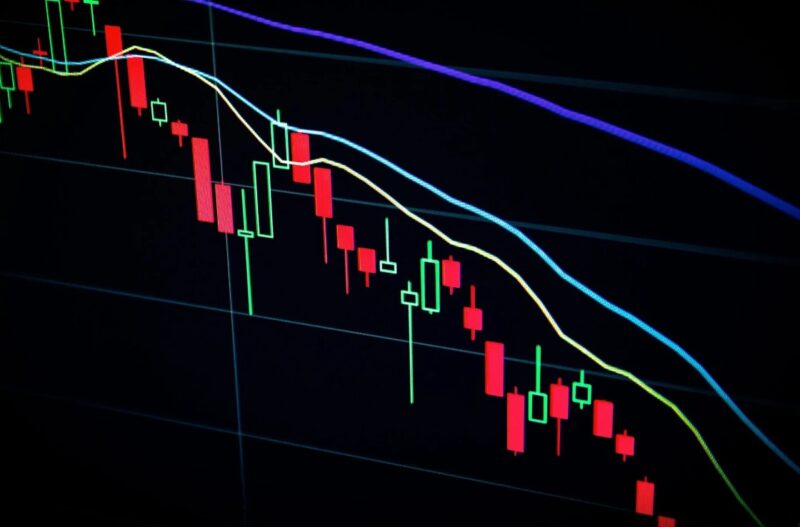Cryptocurrency payment gateways are the bridge between digital currencies and the marketplace. These platforms enable merchants to accept transactions in various cryptocurrencies, translating the often complex realm of digital currency into a functional and user-friendly payment solution.
Understanding the Mechanics
At the core, crypto payment gateways function as mediators. They process transactions from the buyer, who uses cryptocurrency, to the seller, who typically receives the equivalent value in their local currency.
This mechanism hinges on real-time conversion rates, ensuring fair value exchange based on current market prices.
Security in Digital Transactions
Security in crypto payment gateways, like at Cryptomus, is paramount. They use advanced cryptographic techniques to secure transactions, maintaining anonymity while ensuring transparency.
This dual focus on privacy and clarity is critical in fostering trust within the ecosystem.
Integration and Compatibility
Ease of integration is a major selling point for crypto gateways. They offer plugins and APIs that seamlessly blend with existing e-commerce platforms, allowing businesses to tap into the burgeoning crypto market with minimal upheaval to their current systems.
Transaction Speeds

One of the standout features of crypto gateways is transaction speed. Unlike traditional banking systems, which can take days to process payments, crypto transactions are often settled in minutes. This efficiency is a significant draw for both merchants and consumers.
The Future Outlook
Looking ahead, the trajectory of crypto payment gateways is intrinsically linked to the broader acceptance of cryptocurrencies. As digital currencies gain mainstream traction, the role of these gateways will become increasingly central in the global economy.
Detailed Exploration of Crypto Payment Gateways
Cryptocurrency payment gateways are transforming the landscape of digital transactions. As a blend of technology, finance, and innovation, these gateways are reshaping how we think about and engage with money in the digital age.
The Underlying Technology
At its heart, a crypto payment gateway leverages blockchain technology. This decentralized ledger records all transactions across a network of computers, offering a high level of security and transparency.
The blockchain’s immutable nature means that once a transaction is recorded, it cannot be altered or deleted, making it a robust foundation for financial transactions.
The Transaction Process
When a customer opts to pay with cryptocurrency, the gateway facilitates this by converting the digital coins into the merchant’s preferred currency.
This process involves several steps, starting with the customer choosing the cryptocurrency they wish to use and sending the equivalent amount to the gateway’s wallet address.
The gateway then confirms the transaction on the blockchain before converting the cryptocurrency into fiat currency using real-time exchange rates. Finally, the converted amount is sent to the merchant’s account.
Security Measures

Security is a critical aspect of crypto payment gateways. They employ various methods to ensure transaction integrity and protect against fraud. These include two-factor authentication, SSL encryption, and compliance with Payment Card Industry Data Security Standards (PCI DSS).
Additionally, many gateways use cold storage for the majority of funds, keeping them offline and safe from online hacking threats.
Integration Aspects
For merchants, integrating a crypto payment gateway is generally straightforward. Most gateways offer plugins for popular e-commerce platforms like Shopify, WooCommerce, and Magento.
For custom websites, gateways provide APIs (Application Programming Interfaces) that developers can use to create a tailored payment solution.
Comparing Transaction Speeds
The speed of transactions is a major advantage of crypto payment gateways. Traditional bank transfers can take several days, especially for international transactions. In contrast, cryptocurrency transactions are usually confirmed within minutes.
This speed is due to the decentralized nature of blockchain networks, which eliminates the need for intermediaries like banks.
Looking to the Future
The future of crypto payment gateways is closely tied to the adoption and regulation of cryptocurrencies. As digital currencies become more mainstream, we can expect to see more businesses adopting crypto payment gateways.
Regulatory clarity will also play a key role in shaping the growth and evolution of these platforms.
Navigating the Challenges and Opportunities
While the promise of crypto payment gateways is immense, they are not without challenges. The fluctuating nature of cryptocurrencies can pose risks in terms of transaction value.
Moreover, regulatory uncertainties in different countries can affect their adoption and operation. Despite these hurdles, the opportunities they present in terms of global reach and reduced transaction fees make them an attractive proposition for businesses and consumers alike.
Fluctuations in Cryptocurrency Value

One of the most significant challenges with cryptocurrency transactions is the volatility of digital currencies. The value of cryptocurrencies can fluctuate widely within short periods, impacting the final amount that merchants receive.
To mitigate this risk, some crypto payment gateways offer features like locked-in exchange rates, ensuring that merchants receive the amount they expect, irrespective of market movements.
Regulatory Landscapes
The regulatory environment for cryptocurrencies and payment gateways varies globally. In some regions, there are clear guidelines and regulations, while in others, the legal framework is still evolving.
This inconsistency can pose challenges for gateway providers and users, particularly in terms of compliance and operational stability.
Global Reach and Reduced Fees
One of the major advantages of crypto payment gateways is their global reach. Unlike traditional banking systems, they are not bound by national borders, making it easier for businesses to accept payments from customers worldwide.
Furthermore, transaction fees with crypto gateways are typically lower than those for traditional payment methods, making them a cost-effective option for both merchants and consumers.
Adapting to Consumer Preferences
As consumer preferences evolve, the flexibility and innovation offered by crypto payment gateways are becoming increasingly important. Younger consumers, in particular, are more open to using digital currencies for transactions.
This trend suggests a growing market for businesses that adopt these gateways, positioning them at the forefront of a digital finance revolution
Summary

In summary, cryptocurrency payment gateways represent a significant shift in how we think about and conduct financial transactions. By harnessing the power of blockchain technology, they offer a secure, efficient, and globally accessible payment solution.
While challenges remain, particularly in terms of regulatory compliance and market volatility, the opportunities they present are too significant to ignore.














